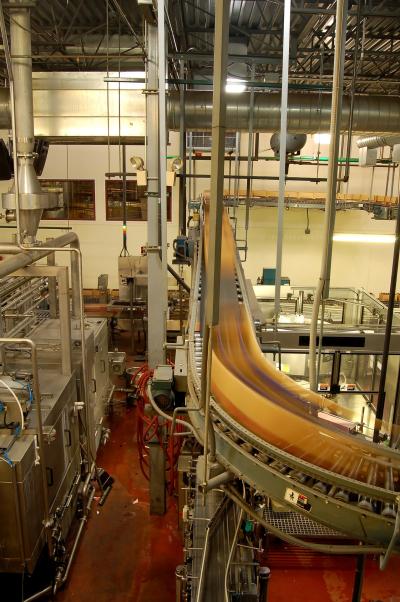While early incarnations have proven unsuccessful, scientists are still virtually testing new concepts. Here Robert Glass, global food and beverage communications manager at ABB explores the concept of virtual commissioning and how system testing can benefit the food industry.
Industry 4.0 continues to open up new opportunities across food and beverage manufacturing. In particular, these technologies help improve manufacturing flexibility and the speed and cost at which manufacturers are able to adapt their production to new product variations. Virtual commissioning is one of these key technologies.
What is virtual commissioning?
Virtual commissioning is the creation of a digital replica of a physical manufacturing environment. For example, a robotic picking and packing cell can be modeled on a computer, along with its automation control systems, which include robotic control systems, PLCs, variable speed drives, motors, and even safety products. This “virtual” model of the robot cell can be modified according to the new process requirements and product specifications. Once the model is programmed, every step of that cell’s operation can be tested and verified in the virtual world. If there are changes that are needed in the process automation or robot movement, these can be made on the same computer, allowing the robot to be reprogrammed, orchanges made to the variable speed drives and PLC programming. The ABB Ability™ RobotStudio is one tool that enables this type of virtual commissioning.
Once reprogrammed, the system is tested again and if it passes, it’s ready for physical deployment. This is where the real benefits become tangible. By using virtual commissioning to program and test ahead of time, less process downtime is required and manufacturers can reduce the changeover risks.
Automation programming and software errors in a system can be incredibly difficult and costly to rectify, particularly if they are found later on in the production process. Research by Austrian software testing frim Tricentis, estimated that software bugs, glitches and security failures cost businesses across the world $1.1 trillion.
To achieve the full potential of virtual commissioning, the simulation must be integrated across the entire plant process, including both the planning and engineering phase. Known as simulation-based engineering, this step is integral for the installation of reliable systems. The use of simulations in a plant is not a new concept, in fact virtual commissioning has been researched for more than a decade.
The benefits
The implementation of virtual commissioning brings with it a number of benefits. The ‘try before you buy’ concept allows plant managers to model and test the behavior of a line before making any physical changes. This saves time as the user can program the system’s automation while testing and fixing errors. The use of a digital model can also reduce risk when changing or adding processes.
One company which has seen significant improvements in production since investing in virtual commissioning is Comau, a supplier of automotive body and powertrain manufacturing and assembly technologies. Comau’s head of engineering and automation systems, Franceso Matergia, said: “We were able to reprogram 200 robots in just three days using virtual commissioning as opposed to roughly 10 weekends had the work been done on the factory floor.”
Just as you wouldn’t build a space elevator without meticulous planning and years of small scale prototyping, it’s very cost and time beneficial to build and test in a virtual environment where you can find the bugs and discover the unforeseen challenges and mitigate them without added downtime or loss of production. It’s much better to discover that bug while on the ground versus at 100,000 feet midway between the surface of the earth and that penthouse in space.




